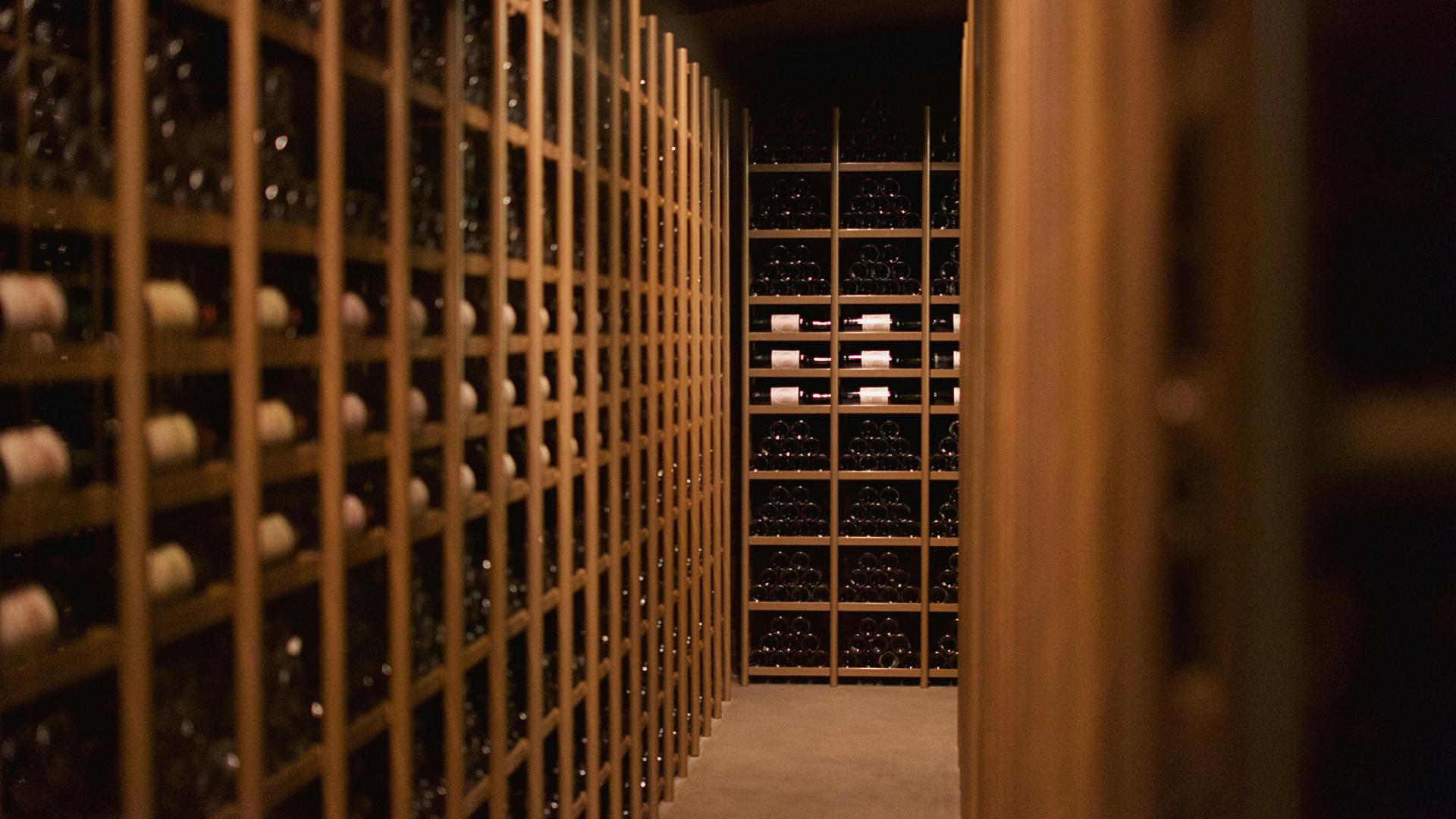
In the competitive world of wine, effective marketing is essential to distinguish your brand and connect with consumers. By integrating data-driven insights with compelling storytelling, you can craft a marketing strategy that resonates and drives sales.
Understanding your market through data
A successful wine marketing strategy begins with a thorough analysis of the market. Utilizing tools like market research and wine analytics allows you to identify consumer preferences, emerging trends, and potential opportunities. For instance, understanding the growing demand for premium wines or the increasing interest in sustainable practices can inform your product offerings and marketing messages.
Data also plays a crucial role in distribution strategy. By analyzing sales data and market segmentation, you can determine the most effective distribution channels, whether it’s direct-to-consumer, partnerships with wine and spirits distributors, or leveraging e-commerce platforms. This approach ensures your products reach the right audience efficiently.
Moreover, leveraging insights about specific markets, like the growing interest in Californian wines in Brazil or the rise of Canadian wine exports, can help you prioritize efforts in regions with the highest potential for growth. Customizing your strategy for high-growth regions ensures optimized resource allocation.
Crafting a compelling brand story
While data provides the strategy, storytelling is the art that brings your brand to life. A strong narrative creates emotional connections, fostering loyalty and trust among consumers. Sharing the heritage of your vineyard, the passion of your winemakers, and the unique qualities of your wines creates an emotional connection with consumers. Highlighting aspects like the terroir, the winemaking process, or the history behind a particular vintage can differentiate your brand in a crowded market.
For example, emphasizing the legacy of producing exceptional wines or the meticulous process behind an exclusive vintage can appeal to connoisseurs seeking authenticity and quality. Similarly, sharing stories about sustainable practices or community involvement can attract environmentally conscious consumers.
Another critical aspect is adapting your story to the target audience. For high-end wines, focus on exclusivity and sophistication. For younger consumers, create vibrant, relatable narratives that showcase the fun and modern aspects of wine culture.
Amplify your heritage and values
Share your vineyard’s unique journey, from its terroir to its commitment to craftsmanship. Highlight the legacy of producing exceptional wines and the meticulous care behind each vintage. A strong narrative about the winemaking process, the passion of your winemakers, or the history of your vineyard not only underscores authenticity but also creates an emotional connection with consumers. For instance, emphasizing sustainable practices, such as organic farming or water conservation, can appeal to environmentally conscious audiences. Similarly, a story about a carbon-neutral winery resonates with today’s values-driven consumers. These efforts showcase the power of storytelling within the marketing of wine to differentiate your brand in a competitive market.
Align Your Story with Consumer Trends
Sustainability is no longer a trend—it’s an expectation. Beyond eco-friendly practices, sharing how your brand actively supports the community or protects local ecosystems can set you apart. By integrating these elements into the marketing of wine, you align your narrative with the priorities of modern consumers while fostering trust and loyalty. Highlighting innovative approaches, such as digital strategies or direct-to-consumer channels, further strengthens your position in the evolving world of wine marketing.
Leverage Emotional Resonance
Storytelling isn’t just about facts; it’s about feelings. For premium wines, focus on exclusivity and sophistication, showcasing the luxurious experience they provide. For younger consumers, craft vibrant, relatable stories that celebrate the joy and sociability of wine culture. Whether it’s about a bold vintage shared at a special gathering or the artistry behind every bottle, these narratives exemplify the emotional impact that drives successful marketing of wine. When combined with tailored messaging and audience insights, this approach ensures your brand remains relevant and engaging in the dynamic landscape of marketing of wine.
Integrating Data and storytelling with advanced tools
Combining data insights with storytelling is key to effective marketing of wine. Leveraging modern tools allows you to better understand your customers, refine your strategy, and ensure your brand resonates in a competitive market. Here’s how advanced solutions can elevate your efforts:
Customer Relationship Management (CRM): A Deeper Understanding of Your Audience
Implementing a CRM system allows you to gather and analyze detailed customer data. By tracking purchase history, preferences, and engagement, you can create personalized marketing campaigns tailored to individual consumer profiles. For example, sending targeted offers based on a client’s favorite wine variety or sharing exclusive content about limited-edition vintages can strengthen customer loyalty. CRM tools empower your marketing of wine strategy by ensuring that your storytelling is data-driven and impactful.
Wine Services’ Analysis of Your Representatives’ Sales
Our specialized analytics provide unparalleled insights into importer activities, sales trends, and market positioning. By understanding how your wines are traded globally, you can make informed decisions about pricing, production, and distribution. These insights also help identify opportunities to align your storytelling with emerging consumer demands, such as sustainability, premiumization, or shifts in regional preferences. Using data analytics as part of your marketing of wine efforts ensures a competitive edge in a dynamic market.
Media Monitoring for Storytelling
Tracking media coverage of your brand is crucial for effective storytelling. Media monitoring tools enable you to gauge how your narrative is resonating with audiences, assess the impact of PR efforts, and identify opportunities to amplify your story. For instance, positive reviews in influential publications or coverage of your vineyard’s sustainability practices can be integrated into marketing materials. This reinforces your credibility and positions your brand as a leader in the marketing of wine.
Social Media Monitoring for Consumer Sentiment
Social media monitoring tools allow you to track real-time discussions about your brand. By analyzing consumer sentiment and identifying key themes, you can adapt your storytelling to address market trends and audience expectations. For example, if there’s a surge in demand for rosé wines or organic vintages, you can adjust your messaging to highlight your offerings in these categories. This adaptability is a cornerstone of successful marketing of wine in today’s digital-first landscape.
Tracking Distribution Channels
Accurate distribution data is key to ensuring your wines reach the right audience at the right time. Monitoring where and how your products are sold provides valuable insights into performance by region, venue type, or distribution partner. These insights not only optimize your distribution strategy but also ensure alignment between your brand’s story and its availability, a critical aspect of effective marketing of wine.
The Importance of Measuring and Adapting Data
Measuring these metrics isn’t just about tracking performance—it’s about shaping future success. Comprehensive data analysis enables you to refine your storytelling, adjust your distribution strategy, and explore untapped opportunities. By integrating insights from CRM, distribution statistics, media monitoring, and social media tracking, your marketing of wine efforts remain aligned with consumer expectations and evolving market dynamics.
Partner with Wine Services for marketing of wine
With our cutting-edge tools and deep expertise, we help wine brands achieve measurable results and long-term success. Contact us today to take your marketing of wine strategy to the next level.


